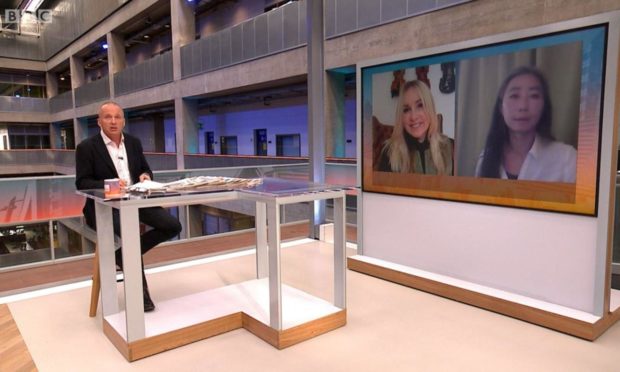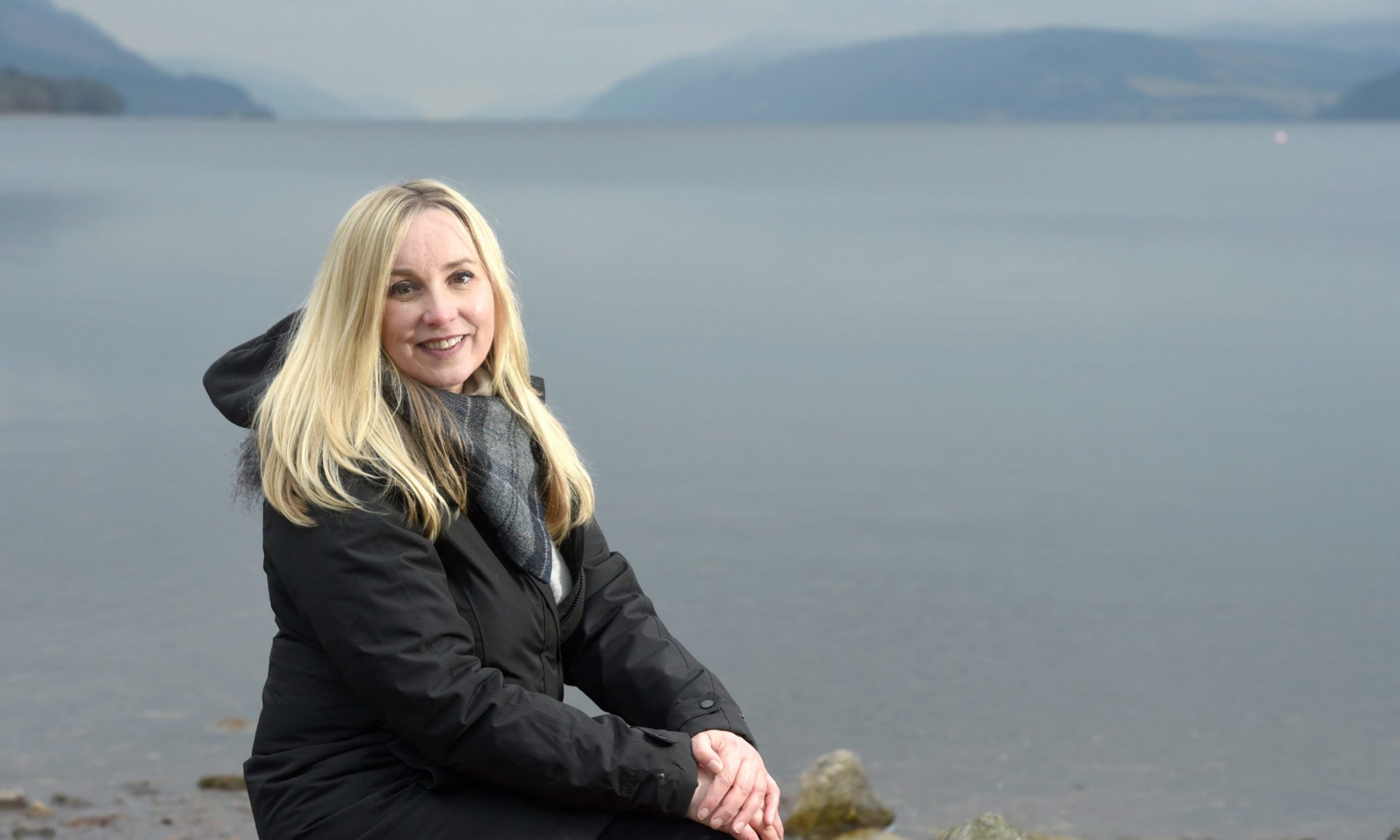A north tourism leader has said proposed vaccine passports could be the final nail in the coffin for hospitality firms which have struggled to survive through lockdown.
The move is being considered as part of wider measures to limit the spread of coronavirus in the future.
It comes as ministers in England are studying their potential use, which could result in access to venues being granted only if customers have been jabbed, received negative tests, or developed antibodies through past infection.
Prime Minister Boris Johnson has pledged to consider the policy, which is likely to apply in Scotland as well if approved as the devolved governments say they are taking a “four nation” approach to emerging from lockdown.
Jo De Sylva is the co-owner of of MacGregors Bar in Inverness, and the nearby Bogbain Farm, and was named chairwoman of local tourism group Visit Inverness Loch Ness in January.
During an appearance on BBC’s Sunday Show, she outlined the dire impact the passports could have on traders in the north.
She said: “I think it would be incredibly difficult to implement.
“How do you make sure staff, who are predominantly under the age of 50, have been vaccinated? And would you need extra staff policing the venue making sure people have passports?
“We have a vast number of visitors and how would we possibly know the passports being presented are legitimate?
“It doesn’t make any sense whatsoever.
“The hospitality industry has been hit so hard across this pandemic, to add another layer of bureaucracy is ridiculous.
“It just seems mad to me.
“Hospitality is on its knees and if something like this was introduced, vast vast numbers of jobs and venues would close.”
The UK Government’s Culture Secretary Oliver Dowden stressed that vaccine passports would not be introduced on a “permanent basis” but said they could be a beneficial short-term tool.
Mr Dowden, whose brief includes theatres, where certificates could be valuable in relaxing social distancing, said “we need to look at all options” for safely easing restrictions.
“Of course we would never look to do this on a permanent basis, it’s just whether it might be a tool in the short term,” he told The Andrew Marr Show on BBC One.
Welsh First Minister Mark Drakeford said he is prepared to consider their use provided they are “fair and reliable”.
Covid vaccine passports: "There are prizes to be won through domestic vaccine certification but there are very big practical and ethical challenges to face as well," says First Minister of Wales Mark Drakeford#Marr https://t.co/B1r2sZssaM pic.twitter.com/htfd0s8Yuo
— BBC Politics (@BBCPolitics) March 28, 2021
Professor Mark Woolhouse, a member of the UK Government’s Scientific Pandemic Insights Group on Behaviours (Spi-B), said the use of passports “certainly” had to be considered to make post-lockdown life safe.
“For those activities that it is difficult to make completely safe – I am thinking things like nightclubs, large concerts, mass gatherings – that’s where passports come in, whether it is vaccine passports, test negative passports or even immunity passports,” he told Marr.
However, his Spi-B colleague Professor Stephen Reicher said on Saturday that certificates could compound hesitancy in those already sceptical of vaccines and could therefore be counterproductive by causing lower uptake.
He also warned they could lead to “social division”.
The Prime Minister acknowledged the “moral complexities” around a domestic vaccine passport scheme, on which the Government will set out more details in early April.
A Whitehall source said one possibility being considered is that landlords may be able to scrap social distancing if they check Covid health certificates on entry.
The move would allow them to operate at much higher capacity and could be a strong incentive for them to participate in the scheme.
Professor Devi Sridhar of Edinburgh University spoke to the Scottish Parliament’s Health Committee about international travel regulations during the pandemic earlier this month.
The Scottish Government adviser said that if coronavirus vaccines significantly reduced transmission of the disease, as initial evidence suggested, electronic vaccine passports could help to restart international tourism.
She said EU countries were already developing plans for a digital green pass, with countries like Spain and Greece keen to welcome visitors again.

